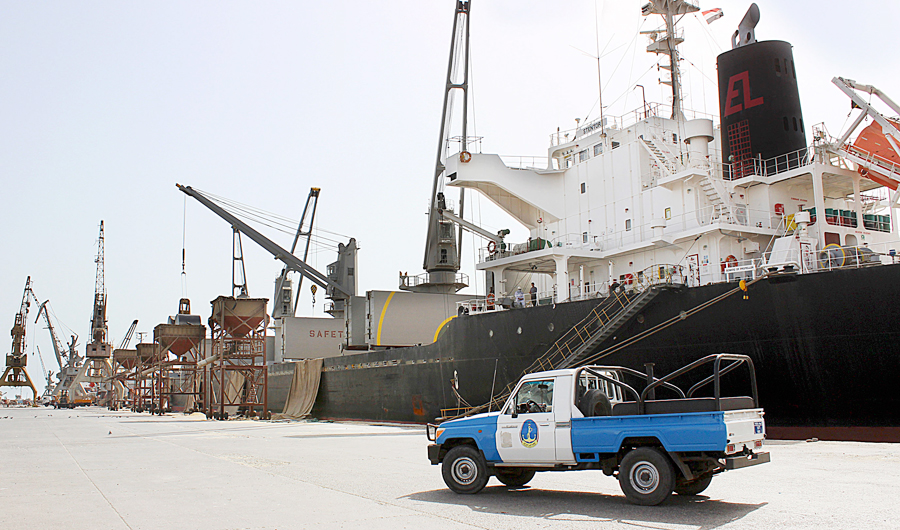Antony Blinken: US must act urgently to stop Iran nuclear weapon
LONDON: A new nuclear deal could address Iran’s aggressive policies in the Middle East, America’s next top diplomat Antony Blinken said on Tuesday.
The secretary of state-designate told his confirmation hearing before the Senate Foreign Relations Committee that the administration of President-elect Joe Biden would seek a “longer and stronger deal.”
But he warned that the time needed for Iran to make enough fissile material for a single nuclear weapon had fallen to three or four months from more than a year since Donald Trump took office.
Trump withdrew the US from the 2015 nuclear deal with world powers, which Biden had helped negotiate under President Barack Obama.
The deal, known as the Joint Comprehensive Plan of Action (JCPOA), stemmed Iranian nuclear activity in return for an easing of international sanctions. But it was criticized by Gulf countries and in the US for allowing Tehran to pursue aggressive policies in the region and ballistic missile development.
Blinken said the new administration had “an urgent responsibility” to do what it could to stop Iran acquiring a nuclear weapon.
“The breakout time – the time it would take Iran to produce enough fissile material for one weapon – has gone from beyond a year, as it was under the JCPOA, to about three or four months, based at least on public reporting,” Blinken said.
President Biden, he added, would rejoin the deal if Iran returned to complying with its terms.
“But we would use that as a platform with our allies and partners, who would once again be on the same side with us, to seek a longer and stronger agreement,” he said.
A new agreement could address Iran’s “destabilizing activities” in the region as well as its missiles, Blinken added.
On Israel and Palestine, Blinken said he backed a two-state solution but said he was doubtful that such a deal was possible soon.
“The only way to ensure Israel’s future as a Jewish, democratic state and to give the Palestinians a state to which they are entitled is through the so-called two-state solution,” Blinken said. “I think realistically it’s hard to see near-term prospects for moving forward on that.”
“What would be important is to make sure that neither party takes steps that make the already difficult process even more challenging,” he said.
In his farewell speech, President Donald Trump will highlight the Abraham Accords deals, which normalized ties between Israel and several Arab states.
*With AFP and Reuters

American Chamber of Commerce: Why Biden will be business as usual for US-KSA economic tiesHow the Biden presidency might impact Turkey’s Kurdish problem



